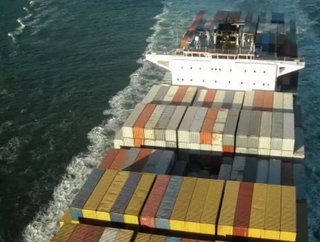Shorthaul Intermodal Operations to be discussed at Intermodal Asia

The case study will look at whether it is possible to make intermodal rail profitable at distances of under 150km and how rail can grow against significant odds. It will also address supply chain environmental changes and other governmental policy change.
People expected to attend this particular conference session include those involved in port-centric intermodal operations that may be having concerns about operating shorthaul operations. Attendees will learn about some of the key factors that appear to assist intermodal operations and will gain some insights into this interesting and increasingly important form of supply chain operation.
“Fremantle provides an example of successful shorthaul operations. Recent developments in Sydney also provide some interesting insights into the benefits of appropriate IMT (intermodal terminal) planning and the use of backloading to make rail operations viable” explains Michael Pal, Principal Logistics Analyst for Fremantle Ports. “My research into the attributes of successful intermodal operations has given me some interesting insights on how to make it all work.”
Experience in some Australian ports, including Sydney, shows that with the right conditions, even micro-haul (5km) rail operations can be successful. There are means to make short-haul intermodal operations successful and this session will share some of those thoughts.
“Our case study example shows that, while requiring certain supporting conditions, intermodal operations as short as 30km can succeed” adds Michael Pal.
Fremantle Ports is a Western Australian Government organisation that strategically manages Australia’s fourth largest container port. Fremantle Port, within the Perth metropolitan area, is Western Australia’s largest container and general cargo port and provides facilities for the import and export of bulk commodities. It is well located geographically to service shipping on major international trade routes, particularly between Australia, southern Asia, southern Africa, the Middle East and Europe.
For information Intermodal Asia 2014, contact Sophie Ahmed on +44 (0) 207 017 5112 or email [email protected] or Mr. Sun Chen on + 86 (10) 65253543 or email [email protected].






